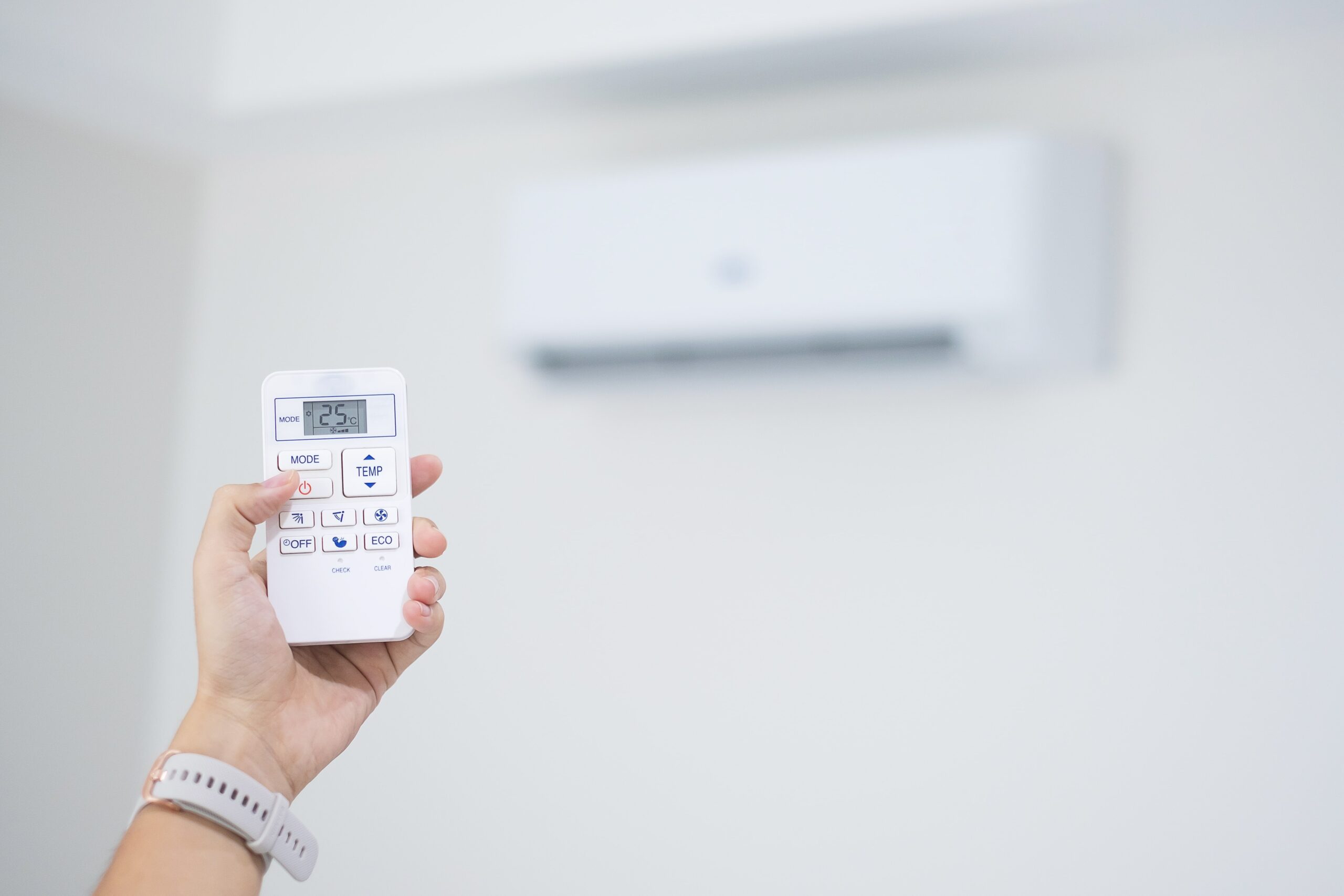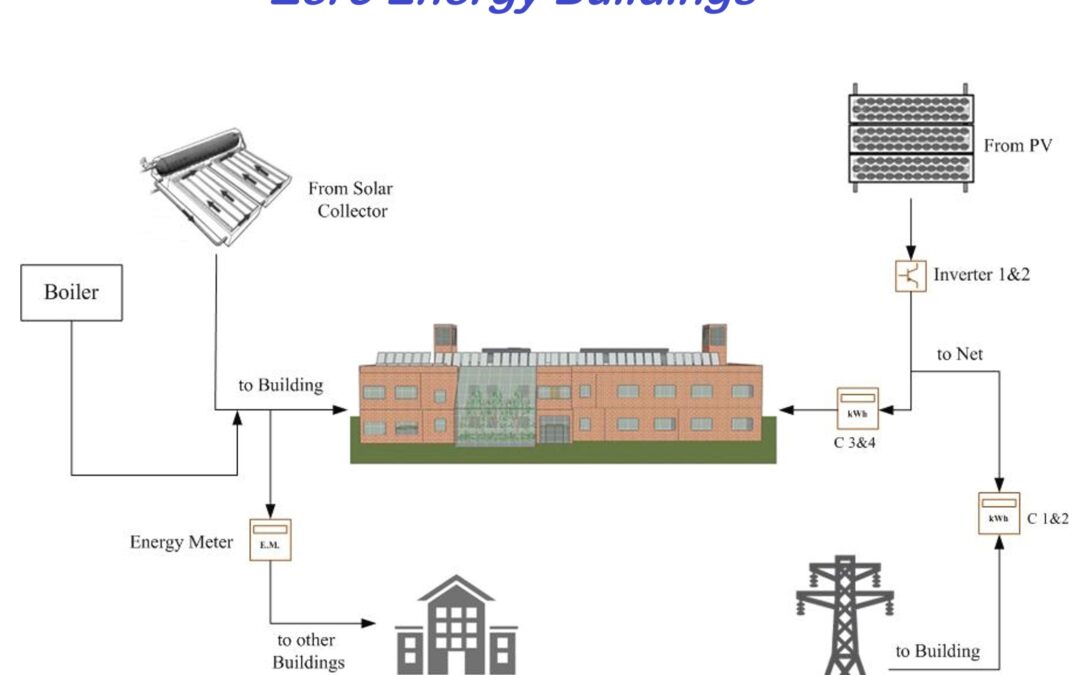Smart technology, artificial intelligence and the internet of things are all phrases that have become more and more prevalent over the past few years. Using online and internet-enabled technology to control appliances, adjust settings and turn things on and off remotely is increasingly commonplace and the advantages and convenience are very hard to deny. In a time when we are being urged to embrace sustainable living and be more responsible in our use of water, energy and other valuable resources, smart controllers in particular are proving to be something of a game-changer.
What are smart controllers?
Smart controllers are a form of smart technology. They are devices that connect to household appliances and systems that can be operated remotely, or set up in advance to switch on and off at certain times. They can be synchronised to all kinds of appliances, such as radiators and boilers, lamps, entertainment systems, thermostats, air conditioning units, heat pumps, rainwater harvesting systems, CCTV, video doorbells and more. Smart controllers can also be connected to each other so that they work in unison to keep conditions at an optimum level across a whole house or building. Using artificial intelligence, they are typically operated via an app on a smartphone, tablet or internet-enabled device. They can also be linked to a computer to use in the office or at home from a desk.
Smart controllers can also ‘learn’ your preferred settings by following and continuing patterns established through regular use. The system can begin to optimise itself, adding to its convenience and helping to reduce energy consumption by only switching on when required. So, you can enjoy hot water whenever you need it – for example coming in from work or first thing in the morning. You can then programme it to turn off and save energy when you are out of the house or know that you will not need hot water for the next couple of hours. Of course, any of the systems connected to a smart controller can be overridden, if required, to provide hot water, light, power or heat whenever you need it.

Smart controller benefits
There are many benefits recorded around switching from manually operated devices and systems to using internet-enabled smart controllers. For a start, the latter option is often far more convenient as the controllers can be operated on the move via an app, as well as from any room of the house. This can bring additional benefits to people with limited mobility or other disabilities that prevent them from moving physically to manual controllers to turn them up, down, on or off.
They can also help householders to regulate the temperatures of their various rooms more efficiently, leading to a more pleasant living environment with preferred room temperatures, or hot water being achievable at the touch of a button, wherever you happen to be at the time. Smart controllers can also help increase safety measures in a home. For example, linking a smart thermostat to smoke detectors, so that if they go off, the thermostat can automatically be cut out to reduce the impact of a fire. Or motion detectors can be linked to light switches so that lamps are turned on if someone is moving about outside the home to deter would-be intruders.
Other reasons to make the switch
Smart controllers help households and commercial premises lower their energy bills too. As the smart technology is able to learn your preferences, they can be programmed to only turn on when needed and only allow temperatures to rise to a previously set level. This reduces energy wastage and prevents costly appliances, heating systems and lights from staying on all day in an empty house. Not to mention lights not being turned off at the end of a working day or heating or air conditioning remaining switched on in rooms or areas where they are not required the whole time.
For commercial premises and businesses, switching to smart controllers can make a significant difference in moving closer to stated goals around lowering energy consumption, reducing carbon footprints and working towards net zero carbon emissions. All key targets for commercial organisations seeking to protect their financial bottom line through prudent cost savings, enhance their reputation with customers for sustainability and operate more ethically and responsibly over the longer term.
If you are looking to update your house or office space to have a smart control system, then we at CAESL can help you with this task.




